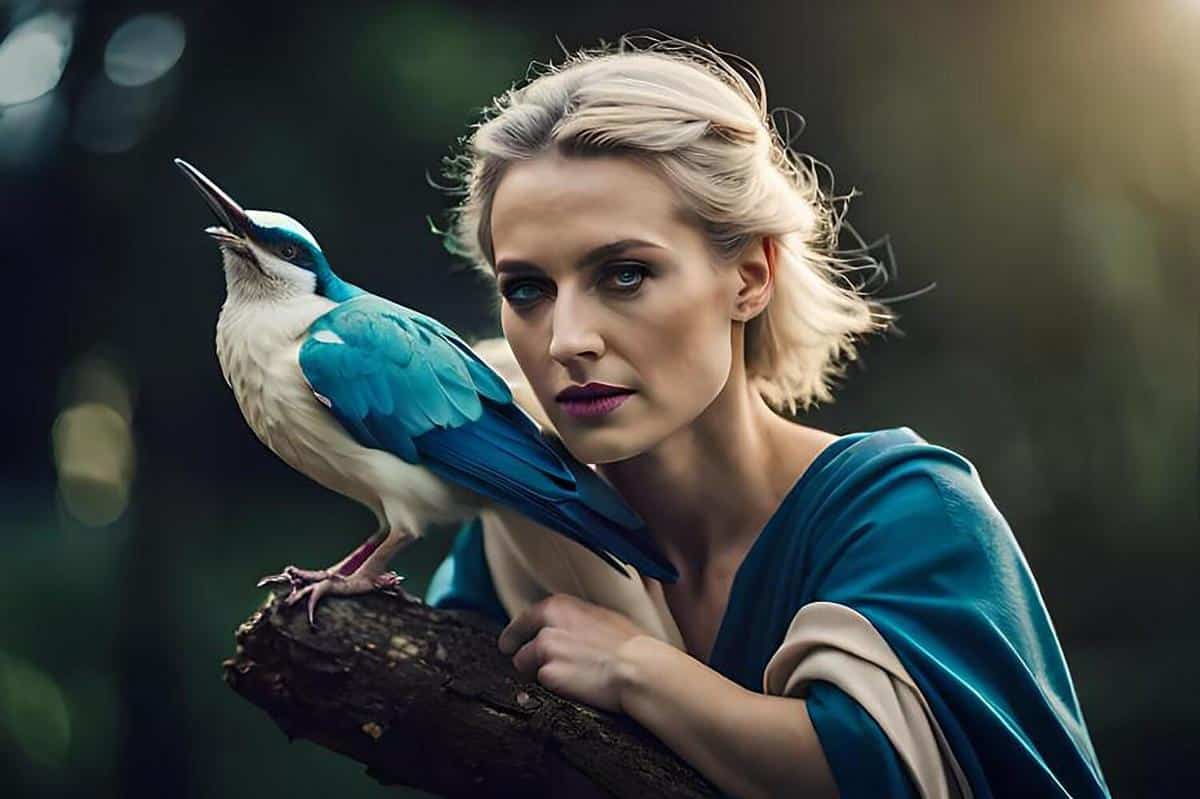
Understanding the Needs of Exotic Birds
Exotic birds captivate pet enthusiasts worldwide with their vibrant plumage and unique behaviors. Understanding their specific needs is essential for providing a nurturing environment that ensures their well-being and happiness.
Understanding the Unique Needs of Exotic Birds
Exotic birds, such as parrots, macaws, and cockatoos, have specific needs that differ significantly from more common pets. Their care requires a deep understanding of their natural behaviors and habitats. Dr. Julie Burge, a renowned avian veterinarian, emphasizes that “providing an environment that mimics their natural habitat is crucial for their mental and physical health.”
Key Considerations for Exotic Bird Care
- Dietary Needs: Exotic birds require a balanced diet rich in fruits, vegetables, seeds, and specially formulated pellets. Avoid offering chocolate or avocado, as these can be toxic.
- Social Interaction: Birds are highly social creatures. Regular interaction is necessary to prevent loneliness and behavioral issues.
- Exercise: Providing ample space for flight or supervised out-of-cage time is essential for their physical health.
- Environmental Enrichment: Introduce toys and puzzles to stimulate their cognitive abilities.
Statistics and Research Insights
Research indicates that birds living in enriched environments show less stress and fewer behavioral problems. According to a study published in the Avian Research Journal, birds with access to foraging toys exhibit greater satisfaction and lower anxiety levels.
Personal Experience
Emma, a dedicated bird owner, shares her experience: “When I first got my African Grey, I noticed he was plucking his feathers. After consulting with an avian specialist, I introduced daily play sessions and a more varied diet. The change was remarkable.”
Actionable Tips for Bird Owners
- Consult with an avian vet to tailor a diet plan specific to your bird’s needs.
- Schedule daily interaction sessions to strengthen your bond.
- Rotate toys weekly to keep their environment engaging.
- Ensure their cage is spacious enough to allow free movement.
Consider installing a bird-safe humidifier to maintain optimal humidity levels, especially for tropical species.
Comparison Table: Common Exotic Birds
| Bird Species | Average Lifespan | Diet | Social Needs |
|---|---|---|---|
| Parrot | 20-30 years | Fruits, seeds, pellets | High |
| Macaw | 50-60 years | Nuts, fruits, pellets | Very High |
| Cockatoo | 40-60 years | Seeds, fruits, vegetables | High |
| Conure | 20-30 years | Fruits, seeds, pellets | Medium |
| Lovebird | 10-15 years | Fruits, seeds | Medium |
| Eclectus | 30-40 years | Fruits, vegetables | Medium |
| Canary | 10-15 years | Seeds, fruits | Low |
| Finch | 5-10 years | Seeds, fruits | Low |
Frequently Asked Questions
What should I consider before getting an exotic bird?
Research the specific needs of the species you are interested in, including their dietary, social, and environmental requirements.
Can exotic birds be left alone for long periods?
No, they require regular social interaction and mental stimulation to prevent stress and boredom.
How can I enrich my bird’s environment?
Introduce a variety of toys, perches, and foraging opportunities to keep them engaged.
Conclusion
Understanding the needs of exotic birds is a rewarding journey that requires dedication and knowledge. By providing a nurturing environment, bird owners can ensure their feathered companions lead healthy and fulfilling lives. Explore our other articles on exotic pets to deepen your understanding and enhance your pet care skills.


